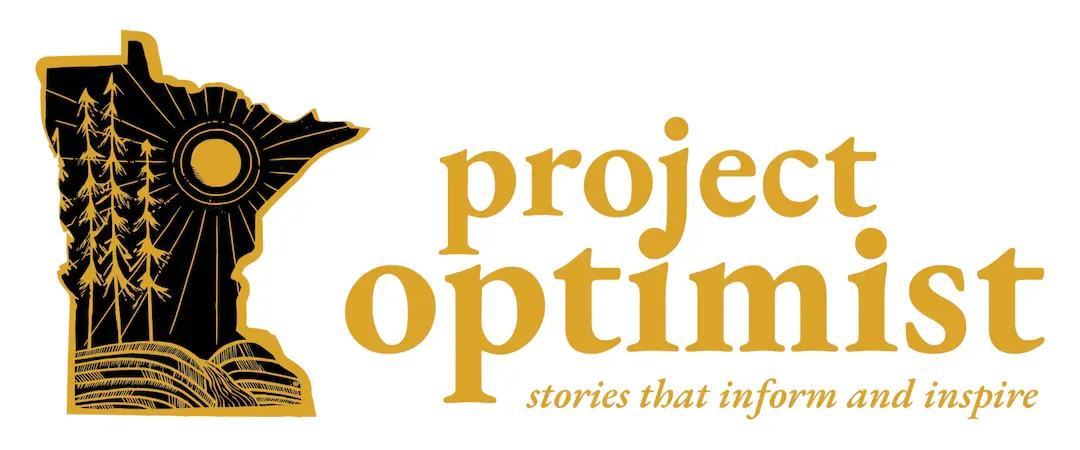Subscription recycling service draws Minnesota customers
Ridwell currently operates in the Twin Cities metro area and is experimenting with a mail-in service for people who live in rural areas.
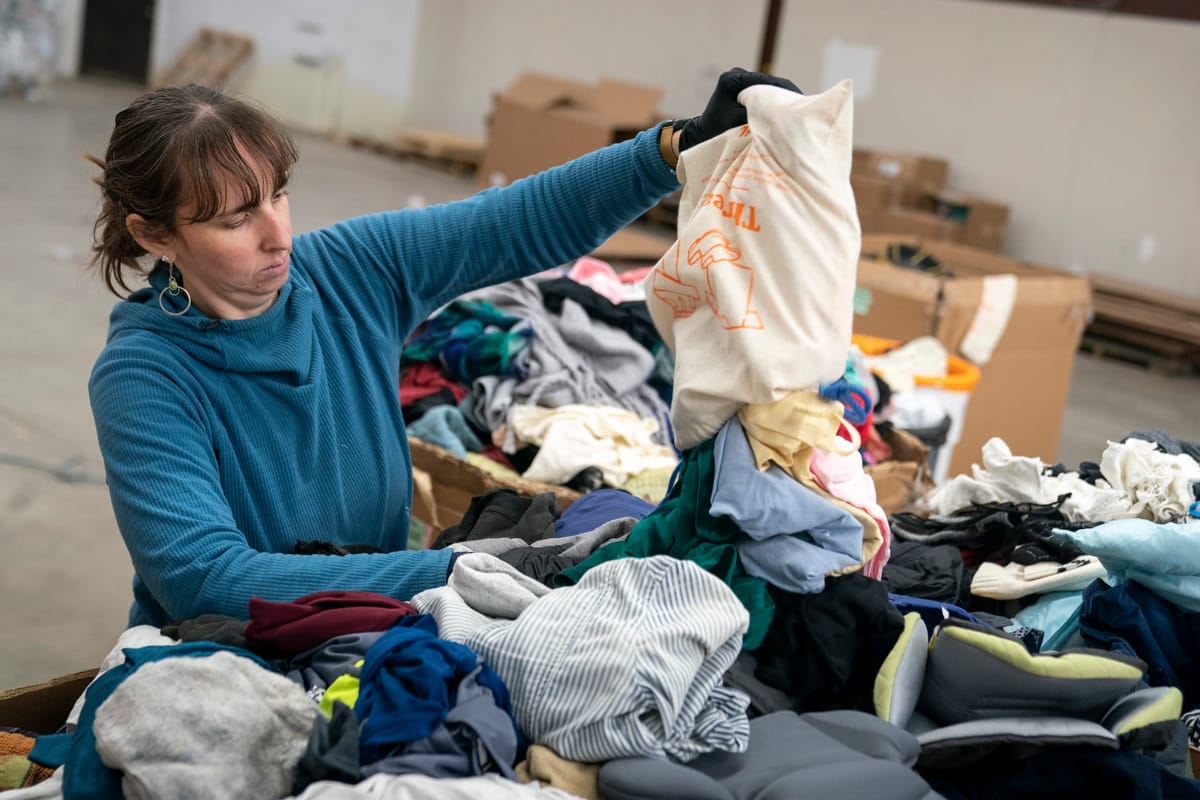
ST. PAUL – A Seattle-based company wants to become the Netflix of the recycling industry. It collects recyclables via subscription-style service.
Minnesota residents threw 2.2 million tons of waste into landfills in 2022, according to data from the Minnesota Pollution Control Agency. Ridwell aims to lower that amount.
In 2024, Twin Cities Ridwell customers collected over 500,000 pounds of plastic film, said Jens Narveson, Ridwell’s Minneapolis operations manager. That’s about the same as recycling the weight of 40 elephants.

Ridwell makes it convenient for people to recycle items that aren’t accepted by their curbside haulers, like clothes, light bulbs, electronics, batteries, multi-layer plastics, and styrofoam, Narveson said.
How it works
People in Ridwell’s service area can sign up for one of three subscription options: $14 per month, $18 per month, or $24 per month. The middle option allows customers to recycle multi-layer plastic – think potato chip bags and granola bar wrappers. The most expensive option is called the Unlimited plan and offers customers extra bags at no additional charge.
Items are collected from customers on a bi-weekly basis, Narveson said. People can use a portal on the company’s website, the Ridwell app, or click a link in an email or text message reminder to indicate when they have items ready for pick-up.
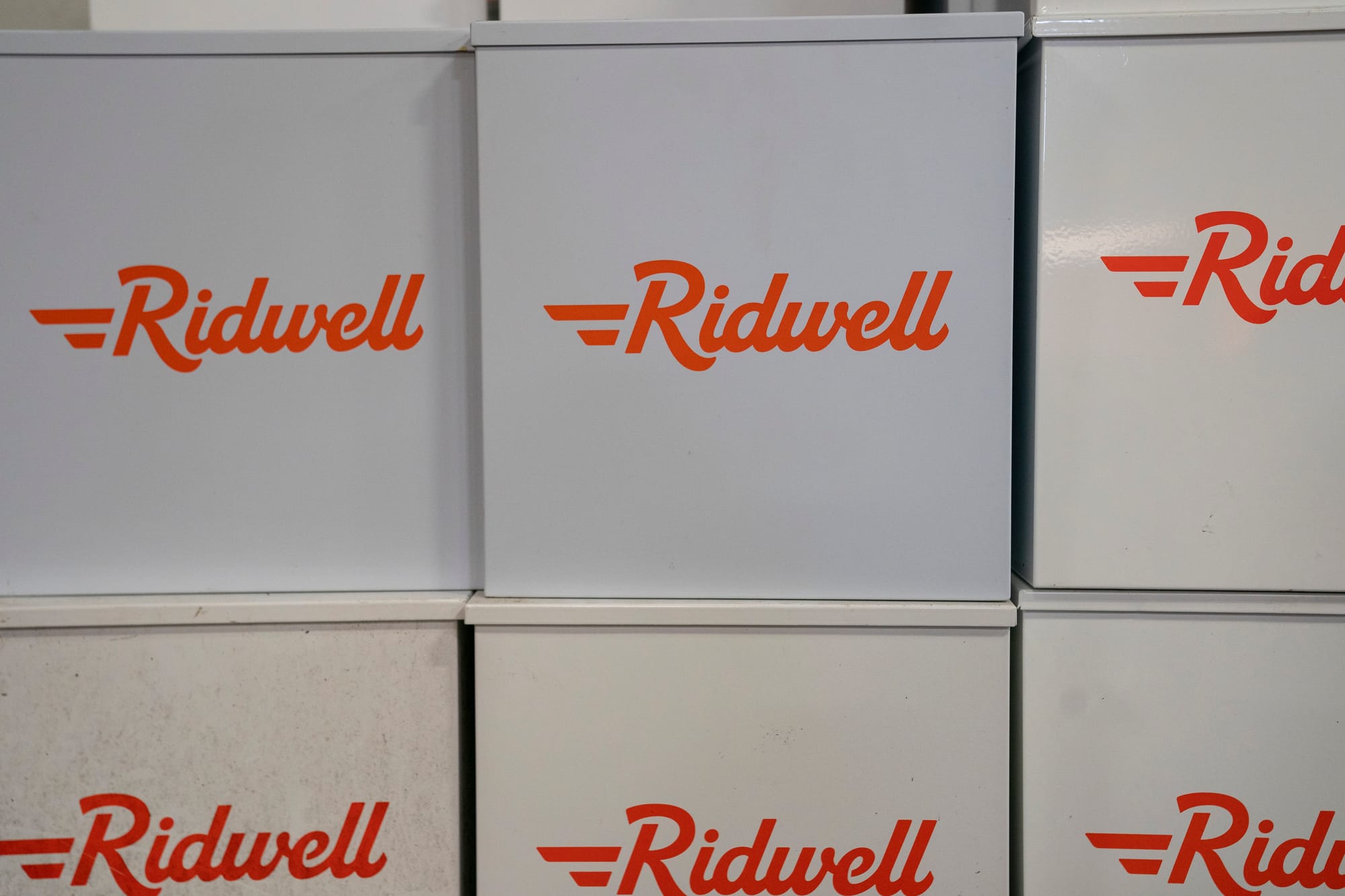
Then, they put their items in a designated bag and place that bag in a Ridwell bin outside their front door. A driver will collect the bag and leave a clean, empty bag for them to fill.
The items are taken to Ridwell’s St. Paul warehouse, where employees process them.
The company works with partner organizations to make sure the items are reused or recycled. So in the Twin Cities, clothes donated to Ridwell go to Goodwill. Multi-layer plastics are sent to a company called HydroBlox that uses the plastic to make drainage planks, Narveson said.
Sign up for Project Optimist's newsletter
Solution-focused news, local art, community conversations
It's free. No spam. Unsubscribe anytime.
The company tracks where materials go after they leave the warehouse, said Rebecca Hayes, regional director at Ridwell.
At ridwell.com/transparency, customers can see where the materials go by market, what the contamination percentage is, and what the top contaminants are for each material.
The top contaminants for plastic film in Minneapolis are paper bubble mailers and mixed material bags, for example.
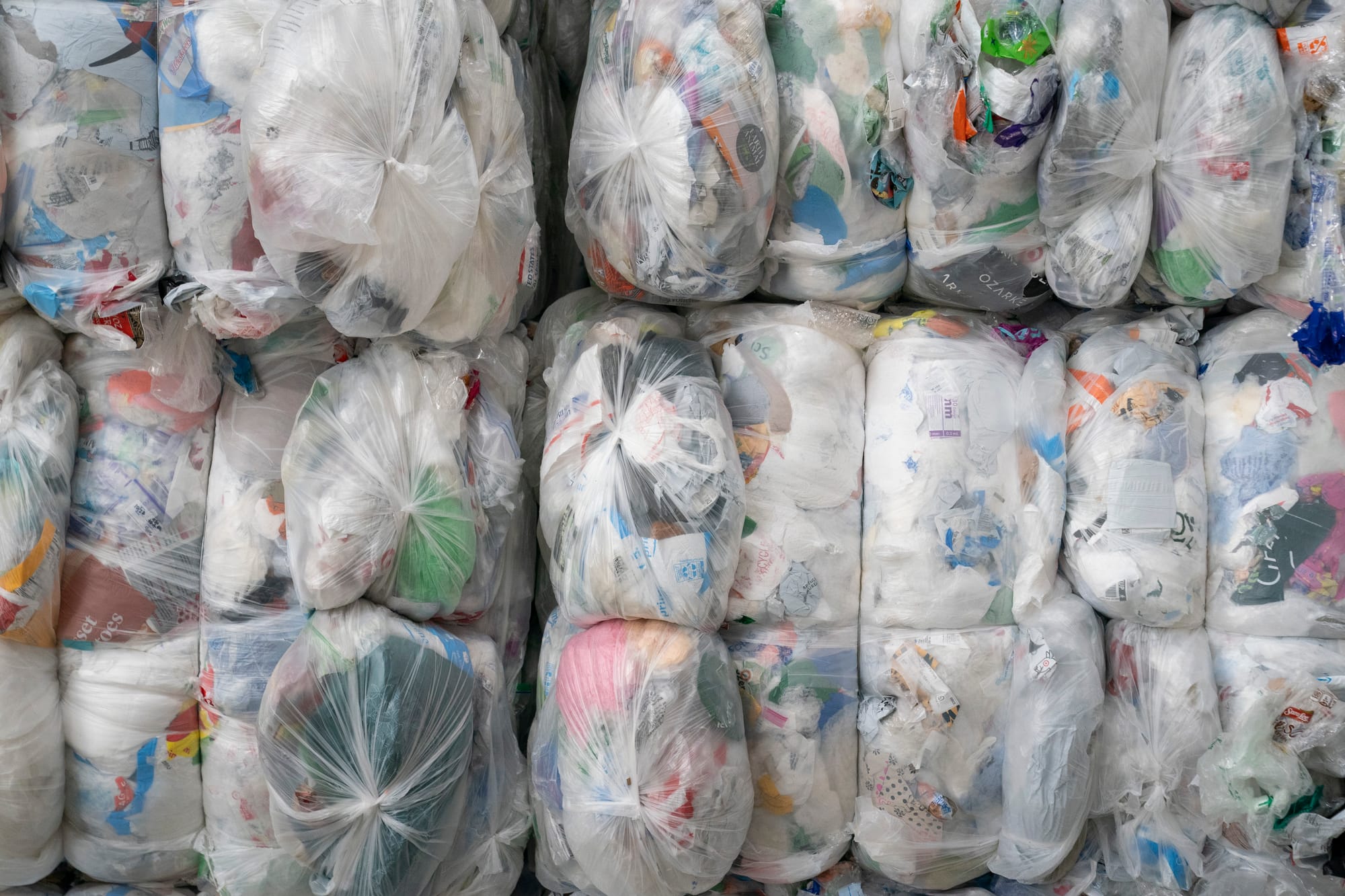
Challenges
Ridwell intentionally accepts items that aren’t accepted curbside to avoid duplicating services, Narveson said.
But one of the biggest challenges for Narveson is with styrofoam. The company can only take a specific kind of styrofoam – thin, white sheets that can crack in half – and there’s only one processing center in the area. While takeaway containers are accepted, contamination is an issue.
“The number one cause of contamination for us is styrofoam takeaway containers that’s dirty, has food waste on it, because we can’t take that,” Narveson said.
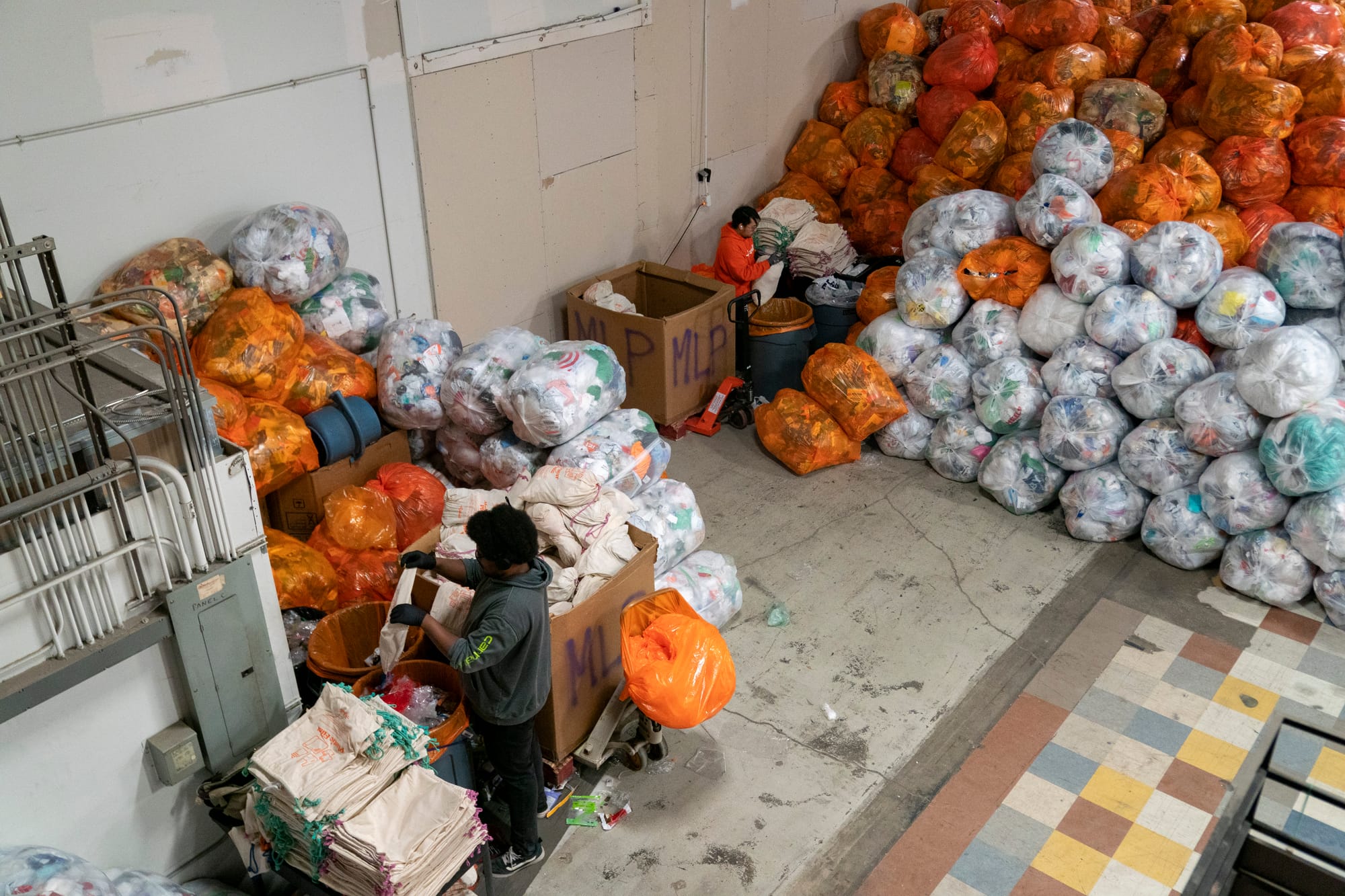
It’s also important for customers to put items in their designated bags, particularly batteries, Narveson said.
“The big one is making sure batteries go up in the battery bag. It’s always the fear of a lithium battery going in a compactor and something blowing,” they said. “Really just making sure you put your stuff in the right bags, because that’s how we avoid accidents like that.”
Possible rural expansion?
The company serves about 8,000 residents across the Twin Cities metro area, Narveson said. Ridwell came to Minnesota because of how conscious people are about the environment.
It operates in major cities because their population density makes financial sense, Narveson said. Besides Minneapolis, Ridwell has operations in Atlanta, Ga.; Austin, Texas; California’s Bay Area; Denver, Colo.; Los Angeles, Calif.; Portland, Ore.; and Seattle, Wash., Hayes said.
 Project OptimistJen Zettel-Vandenhouten
Project OptimistJen Zettel-Vandenhouten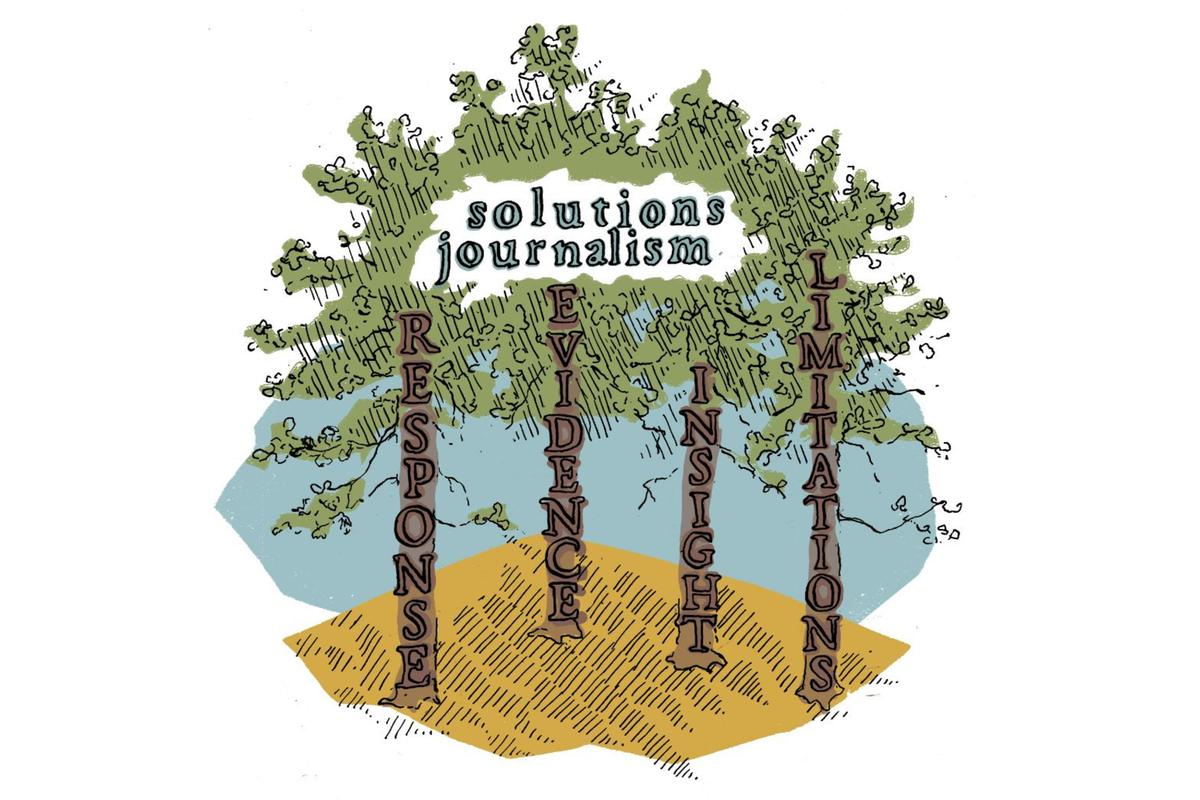
“It’s about how many customers get in an area to make it less mileage, less cost on us, so that’s kind of the big impact,” Narveson said.
What would a rural service look like?
Narveson said the company is currently testing an option where residents who live outside a Ridwell service area could mail in their recyclables.
In action
Ridwell has worked with Bridging, a nonprofit organization in the Twin Cities, since Ridwell set up shop in Minnesota in 2022, said Diana Dalsin, Bridging’s director of strategic partnerships. The organization provides furnishings and home goods to people in need; they set up 120 households per week.
Ridwell offers a rotating “featured” category. When Project Optimist visited the warehouse, the featured item was wearable bras. They’ve also collected campaign yard signs, Christmas lights, food, diapers, and denim, Narveson said.
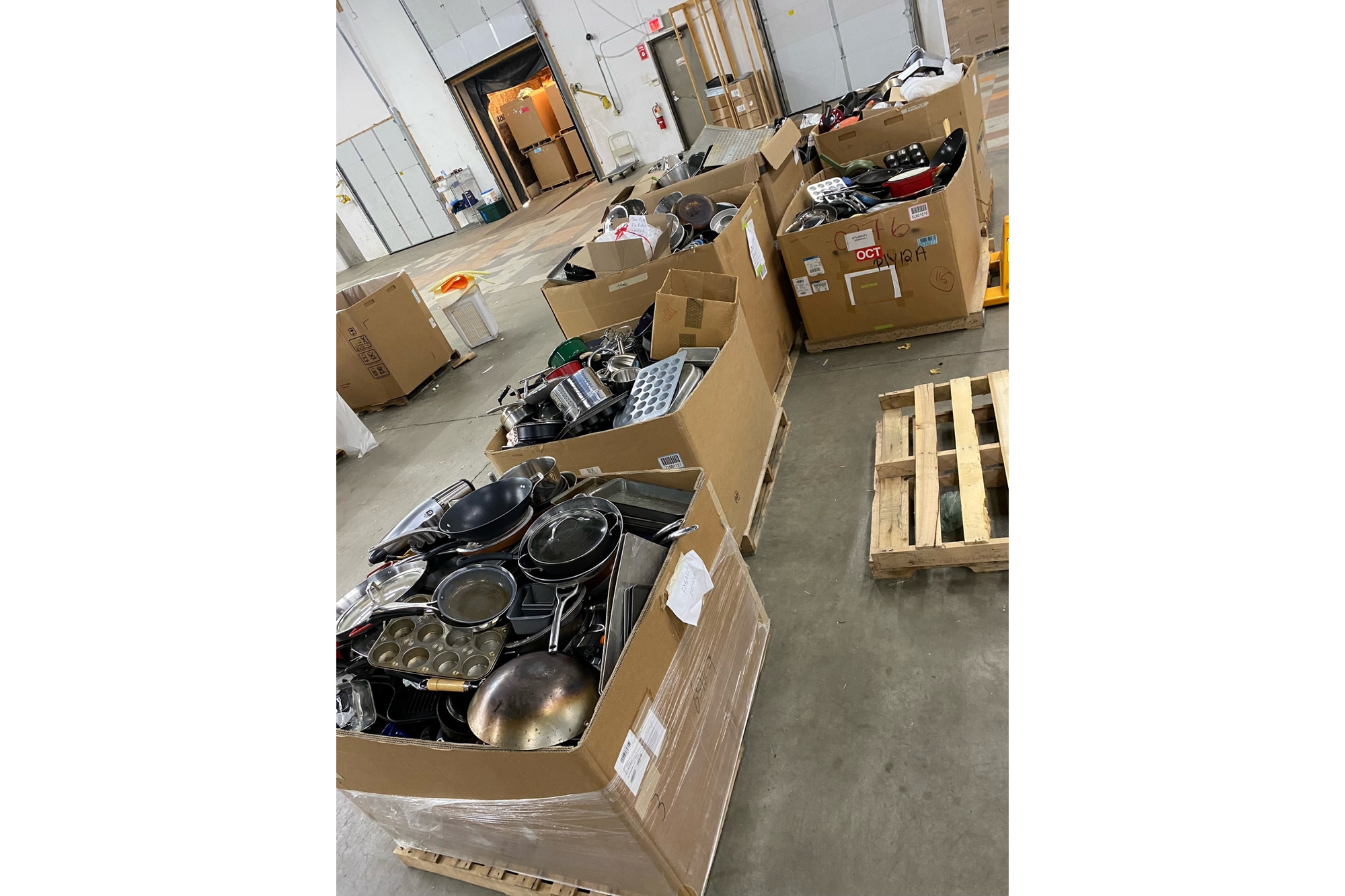
Four special collections in the featured category benefit Bridging annually, Dalsin said. Members donated items like cookware, silverware, and hangers.
Bridging volunteers also test light bulbs that Ridwell members donate in case any are still good. They keep light bulbs that work, and send the rest back to Ridwell for recycling. Bridging keeps track of the usable lights, and Dalsin said 25-30% of each giant box contains good bulbs.
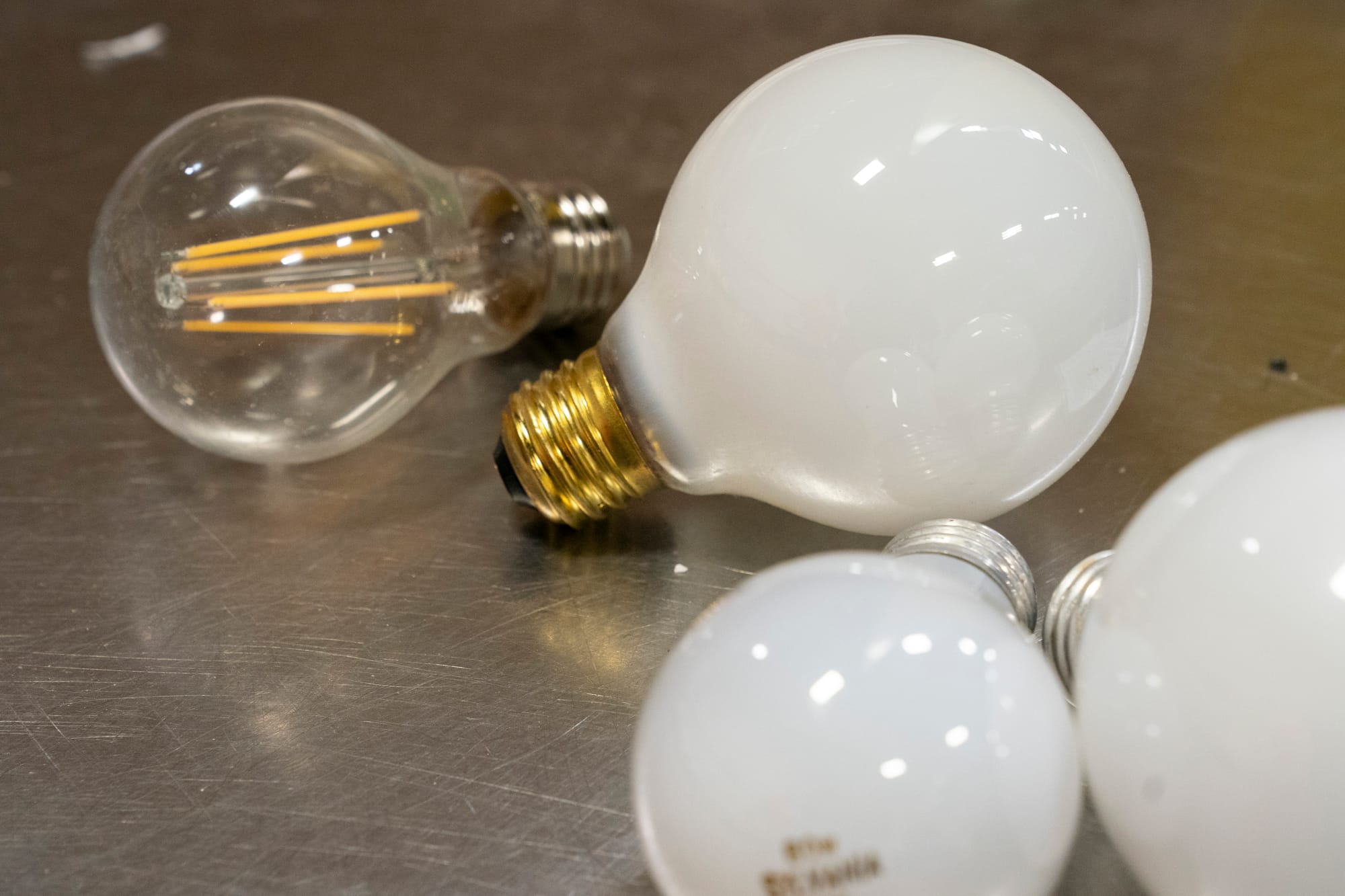
Ridwell makes reuse convenient, which drives participation, Dalsin said.
“It's exciting, because for people like myself who are in the business of reuse, it is hard to activate people, so you do have to make it easy,” she said. “And making it easy and convenient is what we're doing with Ridwell.”
• Tour a Minnesota recycling center
• Hear from local recycling experts
• Get tips on how to reduce consumption and waste
• Read about furniture revitalization
• Learn the ups and downs of community composting
Becki Erickson subscribed to Ridwell about 18 months ago. The Roseville resident said she always donated items to places like Goodwill, so the convenience appealed to her.
“I also really like the rotation, the special category every other week. It helps me to clean out my house, and especially look for things that I don't use at all and that somebody might be looking for,” Erickson said.
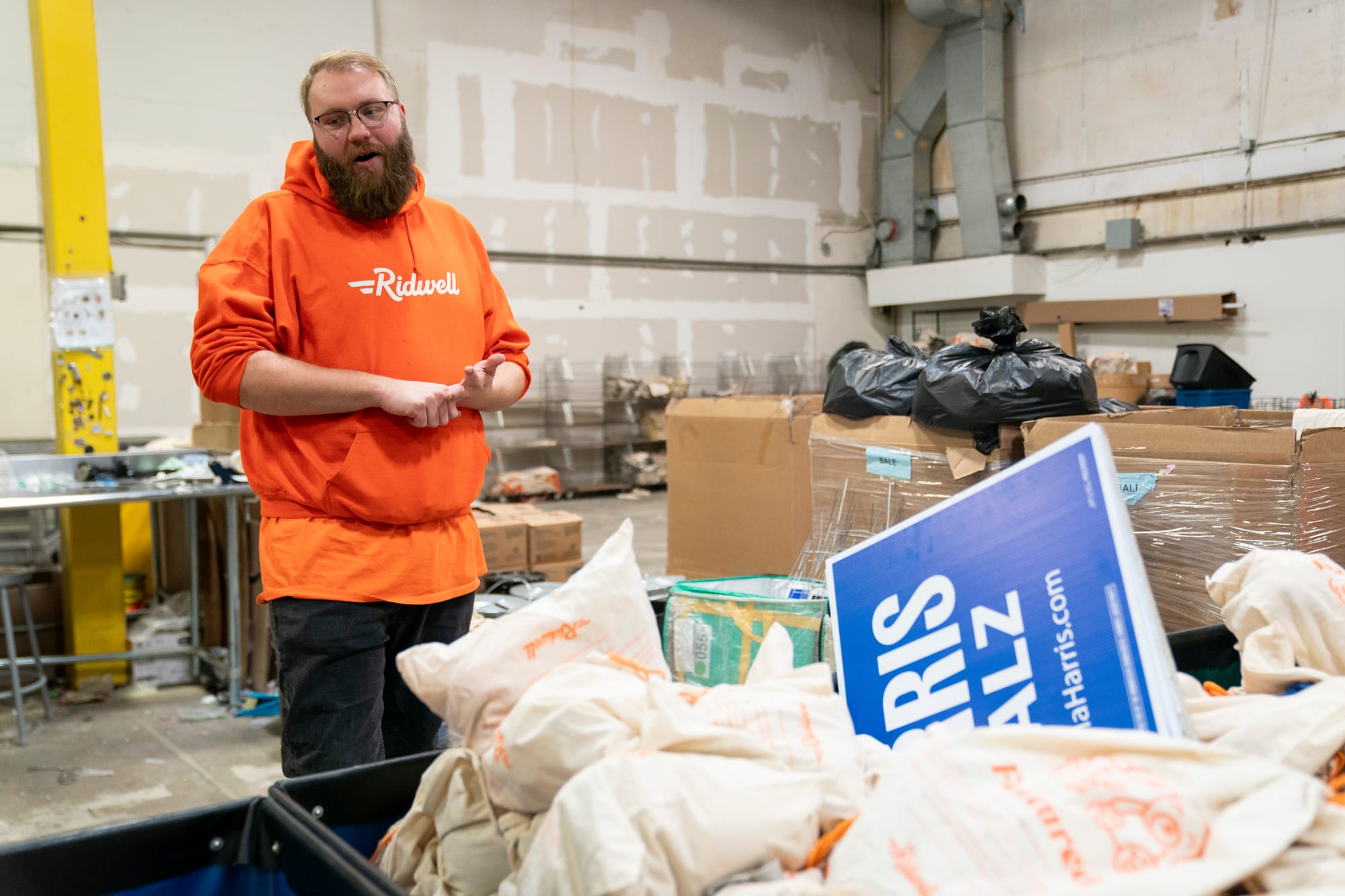
Erickson posted to her local “Buy Nothing” Facebook group to see if anyone wanted to contribute bras “that still have some life in them,” she said.
“All of a sudden, a whole bunch of people started donating bras at my house. We had 50 bras get picked up last week just from my house,” she said.
One downside of the service is that unless you’re on the Unlimited plan, you have to pay for extra bags if you have a surplus of items. Erickson’s family tends to have a lot of clothes and plastics, so she puts in what she can with each pick-up.
Erickson said she noticed an unexpected benefit: Her children are learning about recycling and sustainability.
“I feel like they're just decades ahead of where I was in terms of knowing how to reduce, reuse, recycle, and wanting to do their part,” she said.
This story was edited and fact-checked by Nora Hertel.
